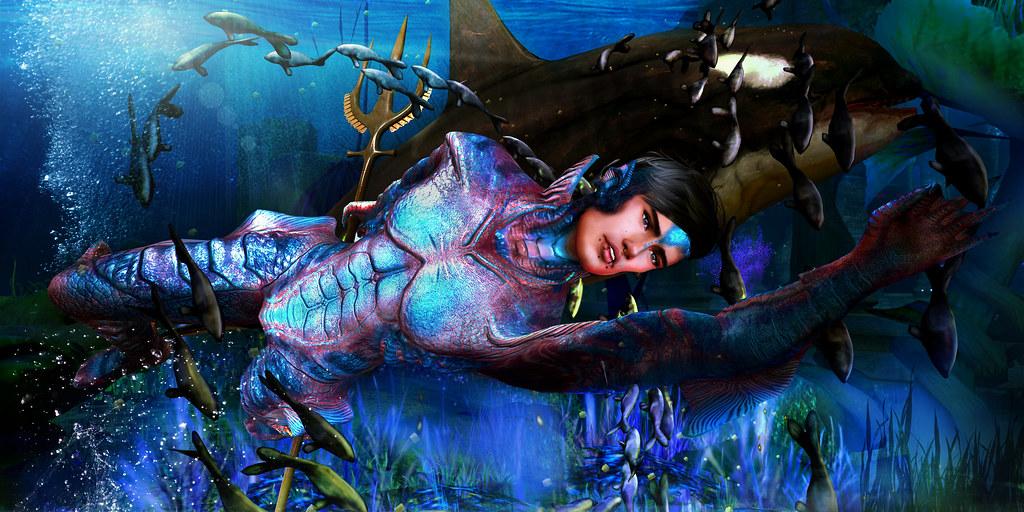From the whispering ancient forests to the distant realms of forgotten empires, mythology has long been the cauldron from which classic literary themes are brewed. Whether it’s the eternal struggle between good and evil or a poignant exploration of human frailty, these timeless narratives are often inspired by legendary myths. In this listicle, we unravel the tapestry of classic literature to discover seven mythical inspirations that have significantly shaped the stories cherished across generations. Journey with us as we delve into each myth’s intriguing facets and uncover the profound secrets and lessons it imparts to the literary world. By the end of this exploration, you’ll gain a deeper appreciation for the mythical roots grounding our beloved literary masterpieces, and perhaps, even spot these influences in your favorite reads.
Ancient Deities and their Eternal Influence
From revered gods to formidable goddesses, ancient deities often underpin classic literary themes, entrenching stories with divine conflicts, moral dilemmas, and larger-than-life narratives.
- Homer’s Odyssey: Zeus and Athena’s Guiding Hand
- Shakespeare’s Plays: Divine Providence and Fate
Legends of the Underworld
The descent into the underworld is a recurring motif. This journey allegorizes themes such as personal transformation, resurrection, and the facing of inner demons.
- Dante’s Inferno: Journey through Hell
- Orpheus and Eurydice: Love and Loss
Mythical Creatures and Symbolism
Mythical beings like dragons, phoenixes, and unicorns serve as symbols of transformation, purity, challenge, and rebirth.
| Creature | Symbolism |
| Dragon | Challenge and Power |
| Phoenix | Rebirth and Renewal |
| Unicorn | Purity and Innocence |
Epic Quests and Heroism
Epic quests steeped in myth often explore themes of heroism, sacrifice, and the journey towards self-discovery.
- Beowulf: The Archetypal Hero
- Knight’s Quest: Arthurian Legends
Forbidden Knowledge
Myths about forbidden knowledge and its consequences raise potent questions about human curiosity and the limits of human ambition.
- Pandora’s Box: Curiosity and Consequences
- Prometheus: Quest for Knowledge
Transformation and Metamorphosis
Stories of transformation explore themes of change and transition, both voluntary and imposed by external forces.
- Ovid’s Metamorphoses: Change as Constant
- Midas and the Golden Touch: Greed and Regret
Divine Retribution
Myths dealing with divine retribution illustrate themes of justice, vengeance, and moral rectitude, often acting as cautionary tales against hubris.
- The Furies: Agents of Vengeance
- Zeus’ Punishments: Cosmic Justice
In Conclusion
As we close the pages on our exploration of the seven mythical inspirations that have shaped some of the most enduring themes in classic literature, we’re reminded of the timeless link between myth and narrative. These ageless tales, born from the wellspring of human imagination, speak to us not just as stories, but as vessels of universal truth and timeless conflict. They weave through the fabric of literature, connecting ancient whispers to modern musings, and leaving an indelible mark on the worlds crafted by literary giants.
Whether it’s the allure of forbidden knowledge, the quest for eternal life, or the battle between light and shadow, these myths transcend their origins, touching the hearts and minds of every generation. In their shadows, we find reflections of our own fears, hopes, and aspirations—complex and irrevocably human.
So next time you delve into the pages of a beloved classic, pause for a moment. Listen carefully. You might just hear the distant echoes of myths long past—whispering secrets, shaping destinies, and reminding us that in every story, there’s a trace of the divine. And with that, our journey through the realms of mythical inspiration comes to a close, but their legacy will undoubtedly continue to shape the stories yet to be written.
